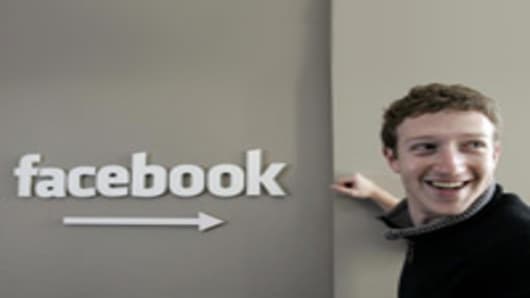Though Mr. Zuckerberg starts Facebook while still taking a full course load at Harvard, he spends most of his waking hours on his new company, not his schoolwork. He can’t help himself. Realizing he needs to be in Silicon Valley, he moves there during summer vacation — and then drops out because Facebook has become far more important than graduating from Harvard.
Mr. Zuckerberg can’t really articulate what is driving him. It’s certainly not about getting girls. But it’s not because he is trying to make the world a better place either. (His awful pranks, like creating a program that allows the Harvard student body to vote publicly on who’s “hotter,” give lie to that notion.) It’s more that, with Facebook, he has stumbled upon something that could be big and important, and he is compelled to see it through. It’s only much later that he develops the after-the-fact rationales to explain why his teenage intuition about Facebook was right.
His antagonists in the movie simply don’t share his obsession. The tall, athletic Winklevoss twins claimed that Mr. Zuckerberg stole “their” idea. But they were obsessed with rowing, not building a new Internet company. Though Mr. Zuckerberg had agreed to be their programmer, they went to crew practice while Mr. Zuckerberg was ducking them — all the while secretly racing to get “Thefacebook” (as it was originally called) up and running.
There is not much doubt that Mr. Zuckerberg didn’t play straight with the Winklevoss twins. But if they had been as obsessed as he was, they would have found another programmer and raced to get their site finished. Instead, they wound up competing in the Beijing Olympics. Seems about right.
As for Mr. Saverin, he, too, lacked Mr. Zuckerberg’s obsessional nature, staying behind in New York, for instance, during the summer that Mr. Zuckerberg moved to Silicon Valley. More important, Mr. Saverin lacked Mr. Zuckerberg’s business instincts.
For me, one of the film’s great scenes comes when Mr. Saverin is trying to persuade Mr. Zuckerberg to accept more advertising for Thefacebook. Mr. Zuckerberg won’t hear of it. “I mean it is time for the Web site to generate revenue,” a frustrated Mr. Saverin says in the film.
“Thefacebook is cool,” responds Mr. Zuckerberg. “If we start installing pop-ups for Mountain Dew, it’s not going to —— ”



